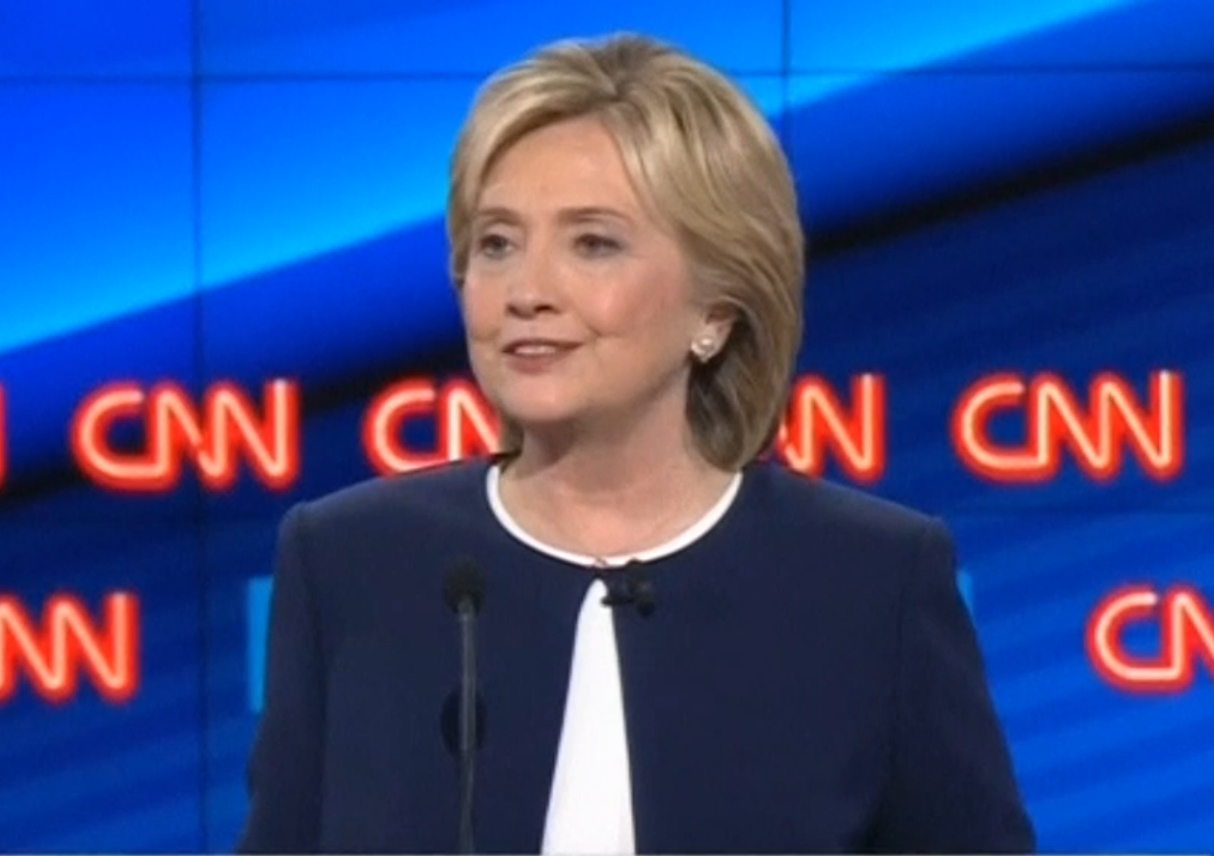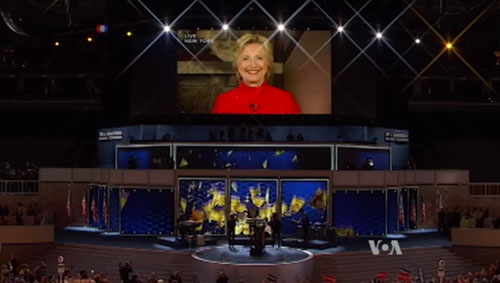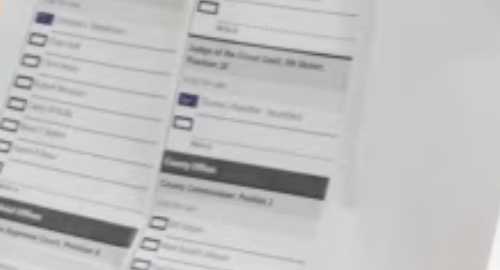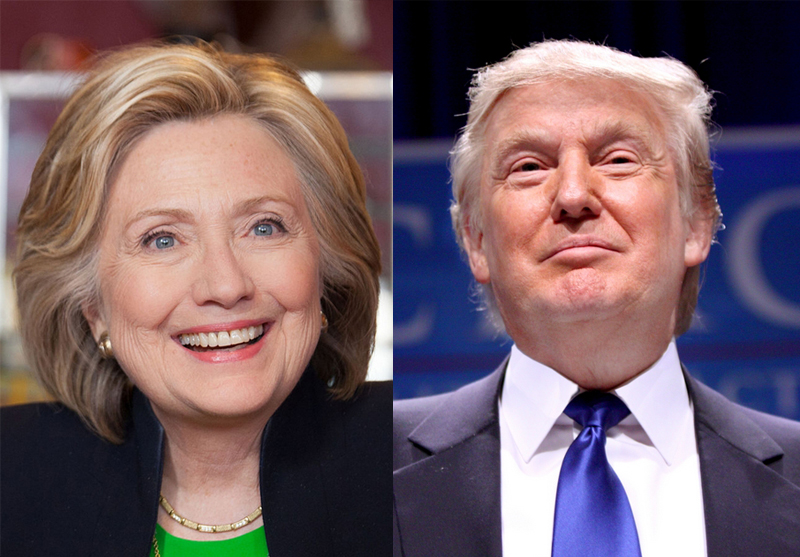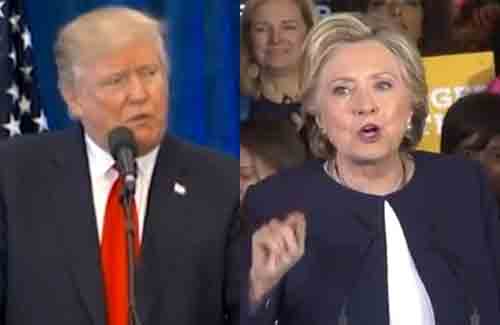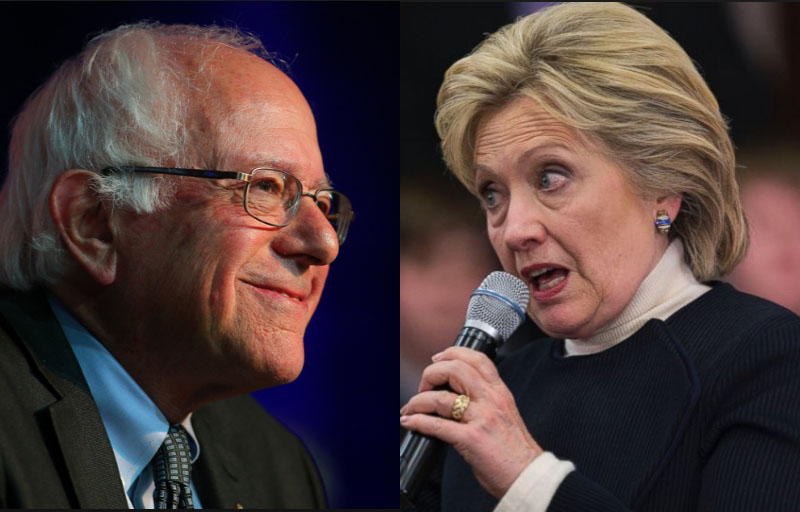 As the race for the Democratic presidential nomination heats up between Senator Bernie Sanders and former Secretary of State Hillary Clinton, the close contest is drawing attention to the nomination process and the people called “superdelegates” who could have enormous influence over its outcome.
As the race for the Democratic presidential nomination heats up between Senator Bernie Sanders and former Secretary of State Hillary Clinton, the close contest is drawing attention to the nomination process and the people called “superdelegates” who could have enormous influence over its outcome.
The two major American political parties begin the process of selecting their presidential nominees by holding elections in each state. These contests, known as primaries or caucuses, determine most of the support that candidates will receive from delegates at the party convention later this year. Winning the state contests means more delegates backing a candidate in the party convention.
However, this does not account for all of the delegates who can vote at the convention.
Delegates vs. superdelegates
The Democratic nomination will be determined by 4,763 total delegates — 4,051 chosen by the voters and 712 superdelegates.
The superdelegates include all of the party’s governors, the president and vice president, all of its members in Congress, and also all members of the Democratic National Committee. That includes elected representatives, like mayors and county executives, as well as presidents of various Democratic organizations.
The Republican Party nomination will be determined by 2,472 total delegates, of whom 168 are superdelegates.[xyz-ihs snippet=”adsense-body-ad”]
There are, however, big differences in how much power each party allows its superdelegates.
The Democratic superdelegates can vote for whomever they want at the convention, with no obligation to voters’ preferences.
In contrast, the Republican Party requires its superdelegates to support the candidate their state supports, just like regular delegates
The impact
Sanders beat Clinton by a 15-to-9 margin in the New Hampshire primary this month. But six of New Hampshire’s eight superdelegates support Clinton, pushing her total from New Hampshire up to at least 15.
The other two superdelegates remain uncommitted. So Clinton could theoretically get more delegates from a state that she lost by a wide margin of the popular vote.
In fact, Clinton had a large national lead over Sanders before the race even started, because at least 360 of the 712 Democratic superdelegates had already pledged their support to her.
That in itself does not assure the former first lady of a win, because there’s nothing binding them to her candidacy.
In 2008, many superdelegates shifted their announced support from Clinton to Barack Obama as it became clear that the then-senator from Illinois was winning the popular vote.
Source: VOA [xyz-ihs snippet=”Adversal-468×60″]


